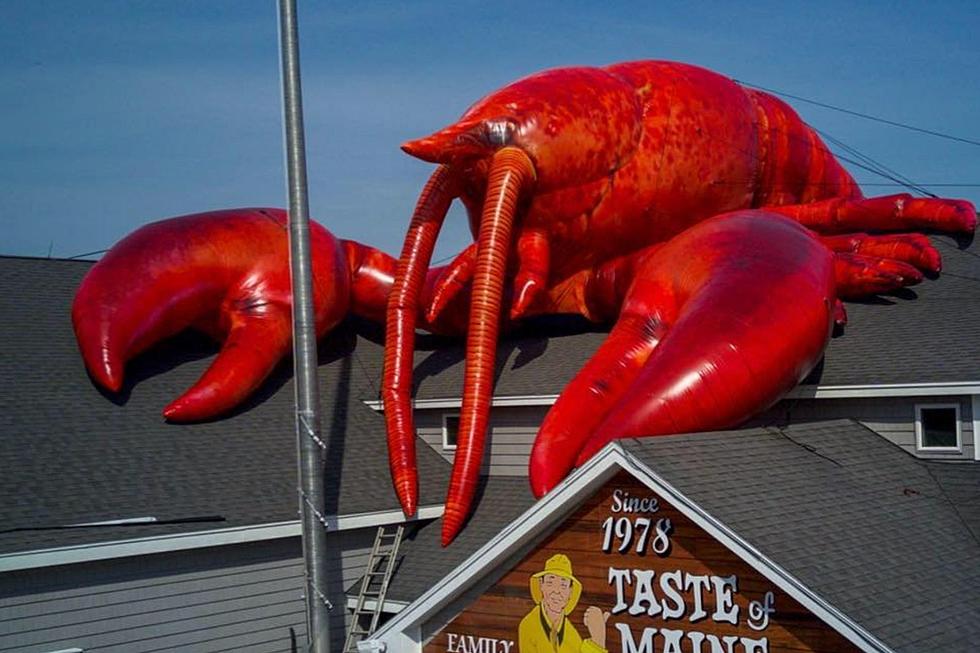
In The Event of a Divorce in Maine, Who Legally Gets to Keep The Dog?
Let's be real- our pets are more than just are pets, am I right? For most of us, myself included, our pets are an extension of our family. They are like having extra furry children. Maybe that's why we always refer to them as our fur-babies... hmmm, this is starting to make sense now!
But, in the State of Maine, who legally gets to keep the pet in the event of a divorce? For this particular investigation, we're going to look primarily at dogs, however, this Maine statute covers anything that is considered a 'companion animal'. Obviously if someone in the marriage were to have a service animal, that animal would go with them in the event of a divorce.
Taking a look at several different sources, we were able to track down Maine's L.D. 535. This is a bill that was proposed by Maine lawmakers and passed in 2021- that means it's Maine State Law now.
In L.D. 535, Senator Chipman, original author of the bill, explains in part at MaineSenate.Com,
““An Act To Provide for the Well-being of Companion Animals upon the Dissolution of Marriages,” requires the court to consider the well-being of a companion animal in the ending of a marriage. This bill provides reasonable and helpful criteria for judges to determine ownership of pets following a separation or divorce. Maine is ranked first in the nation for welfare of animals, and this bill will continue to make Maine a leader in animal welfare across the country.”
To summarize, in most states animals are considered to be property. This means that a person has just as much right to the family Golden Retriever as they do the dining room set. However, this fairly new Maine bill was passed to assist judges that are presiding over divorce hearings the ability to determine what is in the best interest of the pet.
This bill takes pets a step further than traditional inanimate property. You know, judges don't really need to consider which person in the divorce can provide the coffee table the highest quality of life, however, they DO need to make that decision for the pets- unless the two parties have already agreed.
New Maine Laws In 2022
More From 102.9 WBLM





